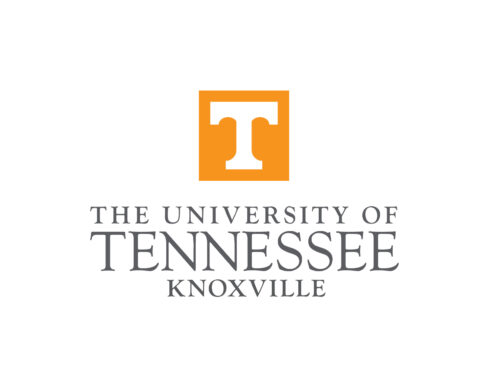Teams from around the country have begun arriving in town as the FIRST (For Inspiration and Recognition of Science and Technology) Robotics 2016 competition gets underway.
The event moves to University of Tennessee, Knoxville’s Thompson-Boling Arena this year—a sign of how popular the competition has become.
“We’ve had a number of good years at the Knoxville Convention Center, but the fact that we are moving to such a large arena is an indication of the support and excitement that the Smoky Mountain Regional has gained,” said L.J. Robinson, regional director for USFIRST Robotics for Tennessee and Kentucky.
Fifty teams are expected to attend the sessions, which run from 9 a.m. until 5 p.m. both Friday and Saturday. In the past, the Smoky Mountain Regional has drawn teams from as far away as the Midwest and New England, as well as Canada, while also featuring more than 20 squads from Knoxville and East Tennessee.
Those teams will be part of the 75,000 students and 19,000 mentors and volunteers worldwide taking part in this year’s game, named Stronghold.
Each team received an identical kit of parts in January and had the same time limit—six weeks—to come up with a design for and construct a robot capable of performing one of four key Stronghold skills:
- Reaching and breaching defenses.
- Launching boulders through goals in the opposing tower.
- Defending your own castle.
- Scaling towers.
As a sign of how intricate the game is, the defense portion alone includes more than 18,000 possible configurations.
Once at the event, teams form alliances based on the specific skill of each team’s robot.
That sense of teamwork is what FIRST refers to as “gracious professionalism”—the idea that working together, even helping a competitor, can lead to a greater good, Robinson explained.
UT’s College of Engineering has long been a key supporter, having been recently named a Bronze Level Sponsor for its $20,000 in pledged scholarships.
Associate Dean Masood Parang said the college takes the chance to foster the next generation of scientists as a “very solemn responsibility,” noting that it was as important to the college as it is the students.
Support from industry partners is also critical for the event. One example of such help comes from the Tennessee Valley Authority, which is supplying a machine shop for teams—a much-needed resource that allows teams access for repairs to their robots by professional machinists.
Other local businesses and centers lending support include Alcoa, Bechtel, Leidos, Oak Ridge National Laboratory, General Cable and Kendall Electric.







